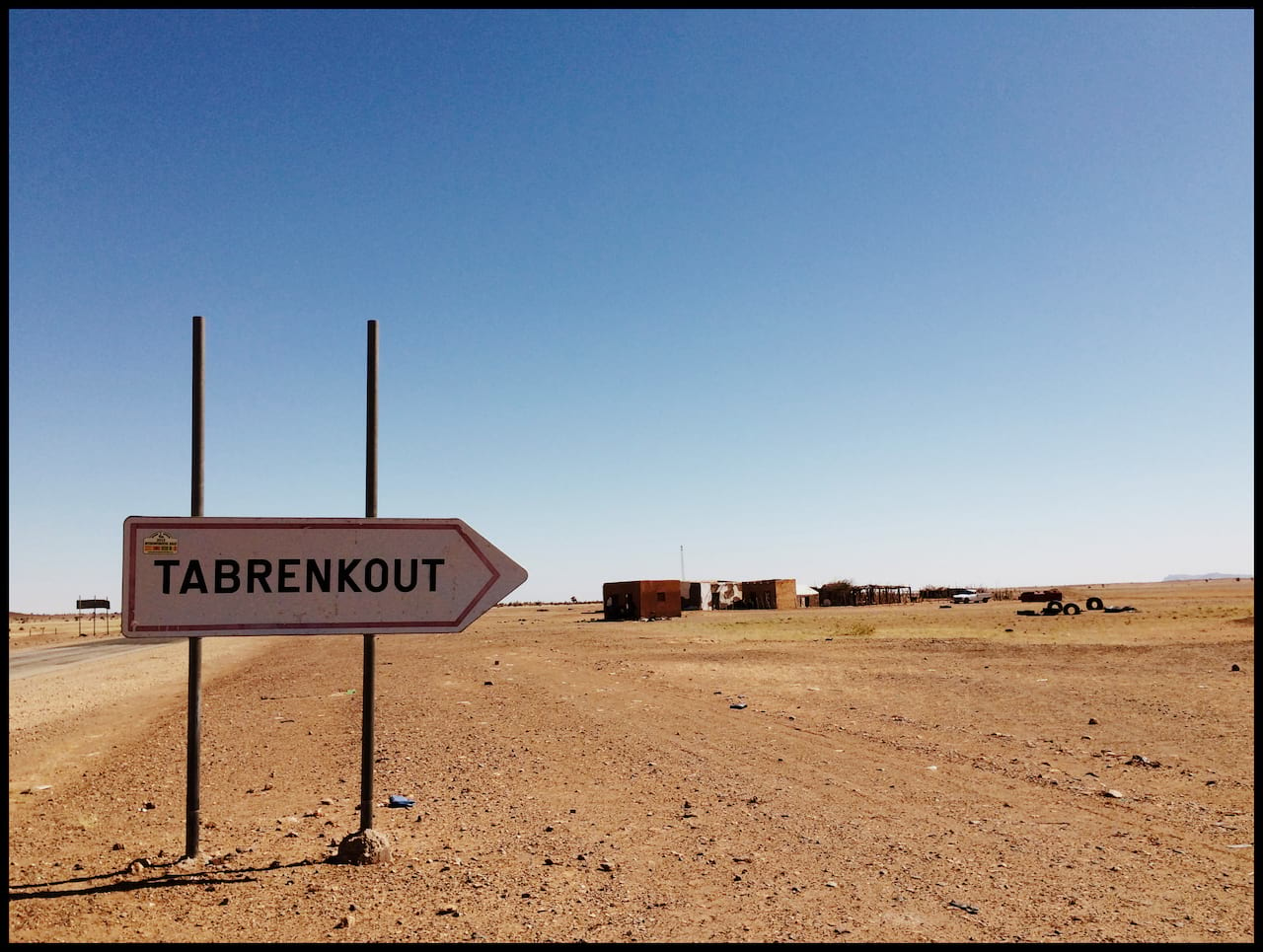After some deliberation, I’m moving links off of the main page. While I have added a menu option for links that is more prominent and they will still appear in the RSS feed, I removed them for a couple reasons. They are usually not directly related to the photos or journal posts and they are often extended quotes with a bit of my own commentary.
But that won’t stop me from sharing what I read. With reduced time in the my own vampire castle, I prefer the open spaces of the independent web even more.
I might occasionally bundle some diverse links together without any relation to each other, which is pretty in-character for me. But not today.
Amandla Thomas-Johnson, a Dakar-based journalist for Middle East Eye, is very reliable for Mauritania news in English. His piece about five Republican congressmen’s letter to the Secretary of State Pompeo warning of the human rights situation could be a good place to start for people unfamiliar to the country’s issues.
These efforts to lobby what are two of the country’s most stalwart allies come as Mauritanian activists make renewed calls for the government to address racial injustices amid a global groundswell of Black Lives Matter protests.
Mauritania is a key ally for the United States in its ’war on terror’ and hosts the second-largest diaspora community for Mauritanians, despite Trump’s ICE going after some of them.
Mauritania has a deep racism problem embedded into the fabric of society, so much so that even well-meaning people who are not subjected to second-class citizenship often fail to see the problem. Does this remind you of another country? I should hope so.
The congressmen’s letter said: “Mauritania has a long history of hereditary slavery based on ethnic and racial discrimination against Black Mauritanians.” The country formally abolished the practice in 1981 but criminalised it only in 2007, and in 2018 the Global Slavery Index estimated that 90,000 people in Mauritania were living under modern slavery.
On top of the vestiges of slavery that does not look like the chattel plantation slavery system of the America, Mauritania
The congressmen also criticised the lack of accountability for purges by state forces of Black African Mauritanians between 1989-1991, in which tens of thousands – about eight percent of the community – were deported or forced to flee to neighbouring countries. “Mauritania has not provided accountability for mass murders, repression and unwarranted deportations,” their letter said.
Most of those purged from the country were subsistence farmers working on the little arable land Mauritania has, which lies along the Senegal River valley in the south. Others were intellectuals, businesspeople and professionals, members of the thriving urban elites who were pushed out as the government pursued a sectarian Arab-nationalist ideology.
Black Africans make up about a third of the country’s population, as do Arab-Berbers, the dominant group. Haratin, the Black descendants of slaves once owned by Arab-Berbers, account for the rest.
Despite the violence, a law was passed to shield the perpetrators from justice and an amnesty was granted to the security forces involved.
Mauritania has been described as the other apartheid for its treatment of Afro-Mauritanians. As many in the the United States wake up to our own failings, it’s a small but positive step that some in Congress, from the own president’s party no less, are speaking up.
